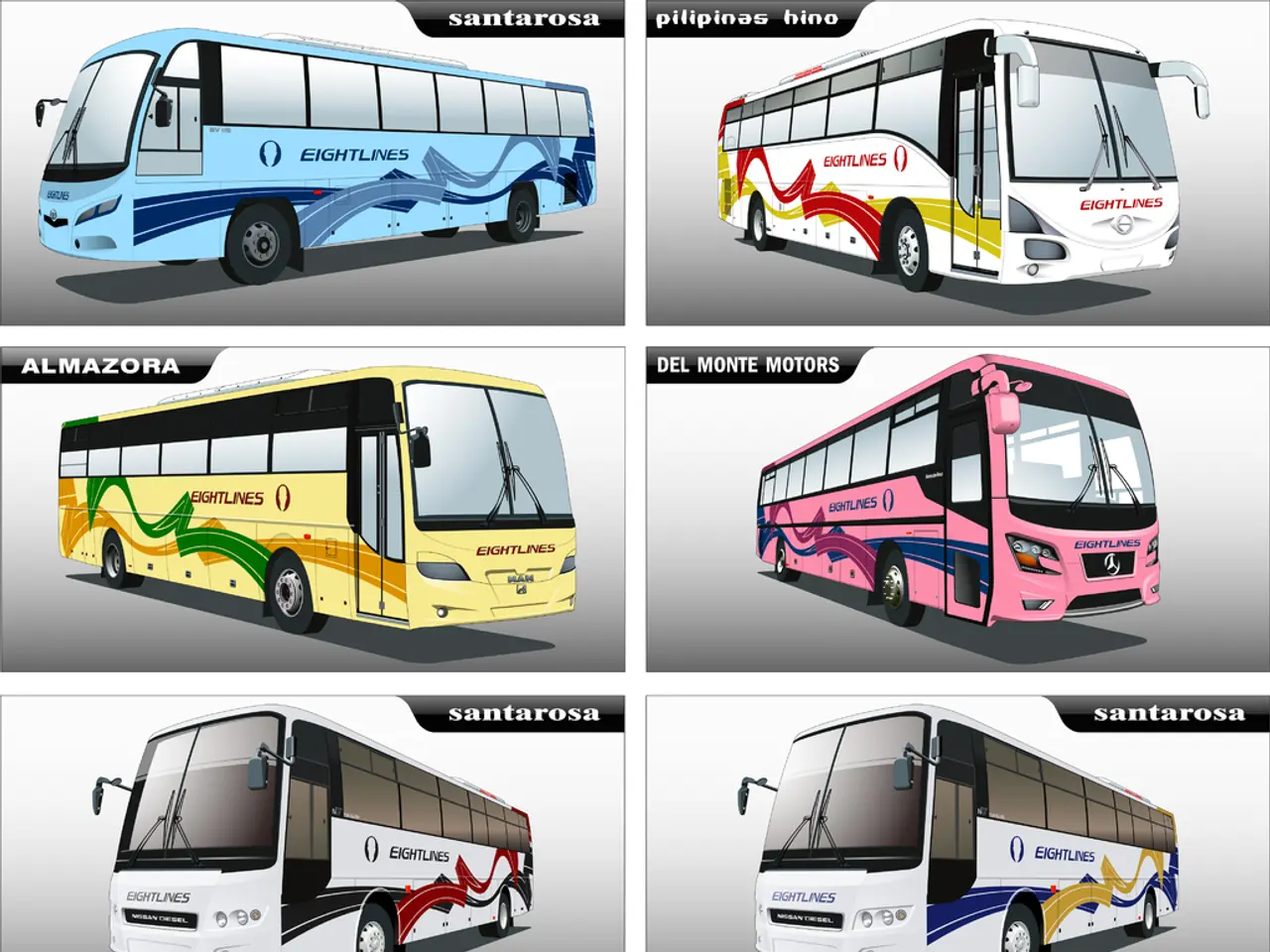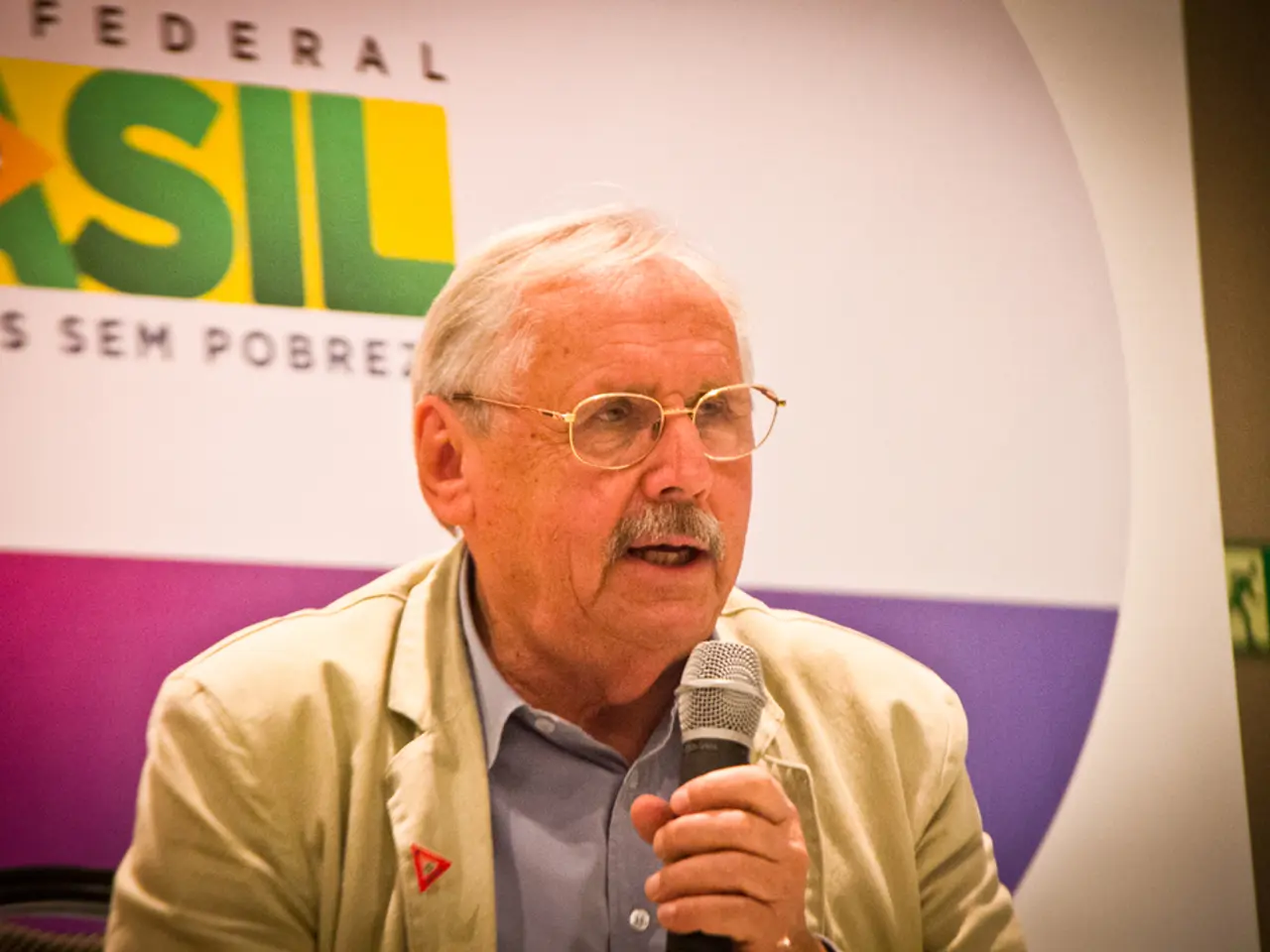Steel Manufacturer Thyssenkrupp's Kreuztal Plant Offers Optimism - Steel Giant Thyssenkrupp's Kreuztal Plant: Optimism Remains Amid Challenges
Title: Thyssenkrupp's Thrust to Salvage Kreuztal Steel Plant: A New Hope in Turbulent Times
Gotta give 'em steel with a side of savings
Thyssenkrupp Steel has inched closer to a truce with IG Metall regarding the looming job cuts, setting the stage for potential preservation of the Kreuztal plant in the Siegerland region. The union and steel behemoth have agreed on creating a framework for negotiation in Duisburg, aiming to finalize a collective bargaining agreement by summer.
While the Kreuztal-Eichen plant's imminent closure is now on hold, Thyssenkrupp is pressing ahead with plans to develop a concept for optimizing the Siegerland site, avoiding closure and instead creating a sustainable business model. The company assures that dismissals due to operational reasons will be minimized as part of the overall workforce reduction across the company. Thyssenkrupp remains dedicated to the climate-friendly direct reduction plant, playing a pivotal role in the green transformation.
A storm of layoffs brewing
Management rattled sabers last November when it announced its intentions to pare down the workforce from around 27,000 personnel to 16,000 within six years. The proclaimed plan, met with fierce resistance from employees, IG Metall, and politicians alike, aims to achieve a slimmer workforce through a combination of layoffs and the relocation or sale of business areas.
IG Metall insists that the closure plan for Kreuztal-Eichen be abandoned, and management is now taking heed — although the plant remains at risk, it now stands a fighting chance for a long-term respite. Conversely, one of the two Bochum plants, slated for closure in 2030, might be fast-tracked for shutdown — a possible acceleration of the plan is being investigated.
Management stands steadfast on the plan to drastically reduce production capacities. Theoretically, Thyssenkrupp Steel could produce a whopping 11.5 million tons of steel yearly. However, sluggish demand has prompted management to consider reductions to 8.7 to 9 million tons.
Negotiations kick off imminently
Thyssenkrupp Steel's board member Marie Jaroni views the agreement as "a necessary step toward progress," stating, "Both sides have managed to establish a solution-oriented foundation for the future." "Now, we must swiftly push forward with implementing the industrial concept, aimed at regaining competitiveness. Time is of the essence," Jaroni adds.
Regional manager of IG Metall NRW, Knut Giesler, believes "the stage is set for a promising future" for the Kreuztal-Eichen plant. "Negotiations will start promptly to provide clarity and job security to the workers. Our goal is a collective agreement that ensures employment stability, plant viability, and necessary investments in the green revolution," Giesler declares.
As Germany's last substantial steel producer, Thyssenkrupp Steel battles under the weight of a lackluster 770 million euro operating loss in the 2023/24 fiscal year, belonging to the industrial conglomerate Thyssenkrupp. The company'sDuisingen HQ cowers beneath the pressures of an ever-shifting marketplace, shifting gears in the hopes of staying afloat.
Thyssenkrupp Steel and IG Metall are negotiating to minimize job cuts and potentially save the Kreuztal plant, aiming for a collective bargaining agreement by summer.
The company is also working on a plan to optimize the Siegerland site, focusing on minimizing layoffs and the development of a sustainable business model.
Despite the Kreuztal plant being at risk, the agreement between Thyssenkrupp Steel and IG Metall sets the stage for a long-term respite.
The steelmaker aims to reduce production capacities from 11.5 million tons to 8.7 to 9 million tons due to sluggish demand, with negotiations scheduled to begin promptly.



